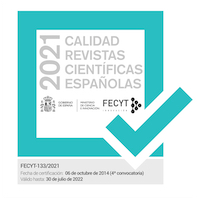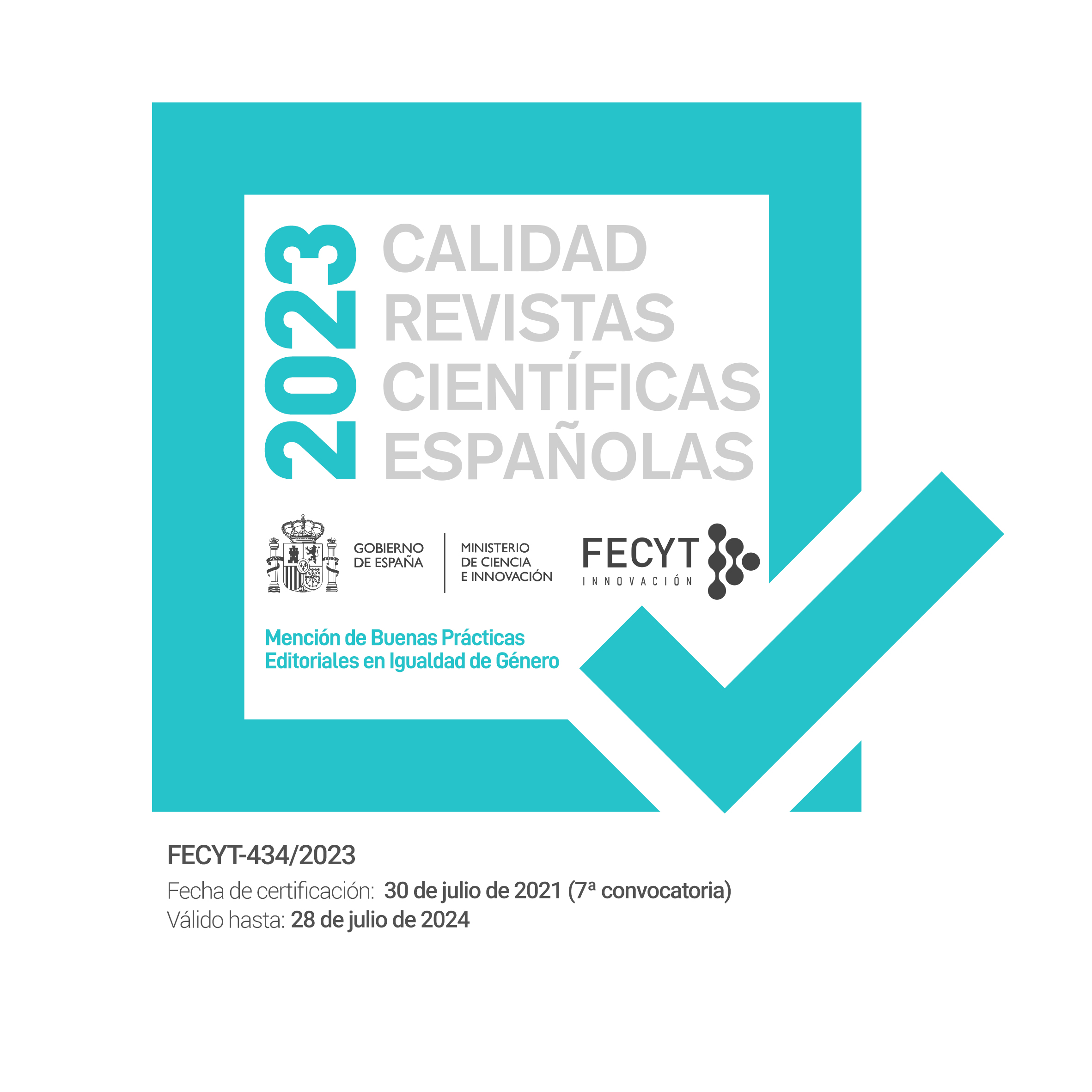The contractual nature of the classical litiscontestatio and the theory of the judicial contract. The dawn of the public conception of the process and of the social function of justice
Keywords:
judicial contract, classical Litiscontestatio, public law concept of the trial, The social role of civil justiceAbstract
The theory of “judicial contract”, which has prevailed until the beginning of the 19th century in most European court systems and in canon law, characterises trials as an agreement where the parties submit their conflict to the judge and settle upon accepting its solution. This theory originated from the allegedly contractual nature of Roman litiscontestatio, which was based upon various peculiar interpretations by the scholars who glossed and commented upon a famous passage by Ulpian-Marcellus-Papinian found in the Digest. The misunderstanding convinced Medieval and Early Modern scholars to conceive the trial as a phenomenon that is ruled by a conventional element, thus characterising it as a private matter between parties. Such concept was made obsolete by the rise of two theories: that of action, and that of the procedural relationship. By stressing the crucial role the public judicial body plays in bringing justice, the State’s interest in how the litigation is administered was underlined at the beginning of the 20th century. Thus, the modern concept of jurisdiction was born, as was the trial’s public-law and social role in its articulate features.
Keywords: judicial contract; classical Litiscontestatio; public law concept of the trial; The social role of civil justice.
References
<html>
<head>
</head>
<body>
<p>Arangio Ruiz, Vincenzo. <em>Studi Riccobono</em>. Ed. Castiglia, G. 1936<strong>.</strong></p>
<p>Arroba Conde, Manuel Jesús. <em>Giusto processo e peculiarità culturali del processo canonico</em>. Roma, 2016.</p>
<p>Arroba Conde, Manuel Jesús. <em>Diritto processuale canonico. </em>Roma, 2015.</p>
<p>Betti, Emilio. <em>Diritto romano. </em>Padova, 1935.</p>
<p>Bulöw, Oskar. <em>Die Lehre von den Prozesseinreden und die Processvoraussetzungen. </em>Giessen, 1868.</p>
<p>Caponi, Remo. “Autonomia privata e processo civile: gli accordi processuali.” <em>Civil Procedure Review</em>, I (2010):42-57.</p>
<p>Carratta, Antonio. “La funzione sociale del processo civile, fra XX e XXI secolo.” <em>Rivista Trimestrale di Diritto e Procedura Civile</em>, 71 (2017): 579-614.</p>
<p>Carrelli, Odoardo. <em>La genesi del procedimento formulare</em>. Milano, 1946.</p>
<p>Catta, Arianna. <em>Giusto processo e verità della decisione nel diritto canonico</em>. Roma, 2017.</p>
<p>Chiovenda, Giuseppe. <em>Principii di diritto processuale civile</em>. Napoli, 1923.</p>
<p>Chiovenda, Giuseppe. <em>Istituzioni di diritto processuale civile</em>, I. Napoli, 1960.</p>
<p>Chizzini, Augusto. “Konventionalprozess e poteri delle parti.” <em>Rivista di Diritto Processuale,</em> 70 (2015): 45-60.</p>
<p>Cipriani, Franco. “Vittorio Scialoja e la maiuscola reverenziale di Giuseppe Chiovenda.” <em>Diritto romano attuale. Storia, metodo, cultura nella scienza giuridica, </em>3 (2000): 71-88. </p>
<p>Di Bernardo, Elena. <em>Il Cardinal Roberti e la teoria del rapporto giuridico processuale. Linee evolutive. </em>Città del Vaticano, 2008.</p>
<p>Falchi, Luigi. <em>Fragmenta Iuris Romani Canonici. Introduzione allo studio della recezione del diritto romano nelle fonti del diritto alto-medioevale. </em>Roma, 1998.</p>
<p>Grosso, Giuseppe. <em>Il sistema romano dei contratti. </em>Torino, 1950.</p>
<p>Goldschmit James, C. <em>Der Prozess als Rechtslage. </em>Berlin, 1925.</p>
<p>Grossi, Paolo. <em>Scienza giuridica: un profilo storico. 1860-1950</em>, 19. Milano, 2002.</p>
<p>Keller, Friedrich L.<em> Der römische Civilprozess und die Actionen. </em>Napoli, 1872.</p>
<p>Lagomarsino, Gina. “Le spese giudiziarie ed il gratuito patrocinio (art. 302-308).” <em>Il giudizio di nullità dopo l’Istruzione “Dignitas Connubii”. </em>Città del Vaticano (2008): 795-798.</p>
<p>Mortara, Lodovico. <em>Principi di procedura civile</em>. Firenze, 1890.</p>
<p>Roberti, Franciscus. <em>De processibus. </em>Roma, 1956.</p>
<p>Rosenberg, Catherine. <em>Lehrbuch des deutschen Zivilprozessrecht,</em> III. Berlin, 1931.</p>
<p>Tarzai, Giuseppe. “L’art. 111 Cost. e le garanzie europee del processo civile.” <em>Rivista di diritto processuale,</em> 56 (2001): 2-7.</p>
<p>Von Savigny, Carl. <em>Sistema del diritto romano attuale</em>, I. Torino, 1886.</p>
<p>Wach, Adolf. <em>Vorträge über die Reichs-Civilprozessordnung gehalten vor praktischen Juristen im Frühjahr 1879,</em> 2 Aufl. Bonn, 1896.</p>
<p>Wenger, Leopold. <em>I Institutionen des römischen Zivilprozessrechts. </em>München, 1925.</p>
<p> </p>
<p> </p>
<p> </p>
<p> </p>
<p> </p>
</body>
</html>









